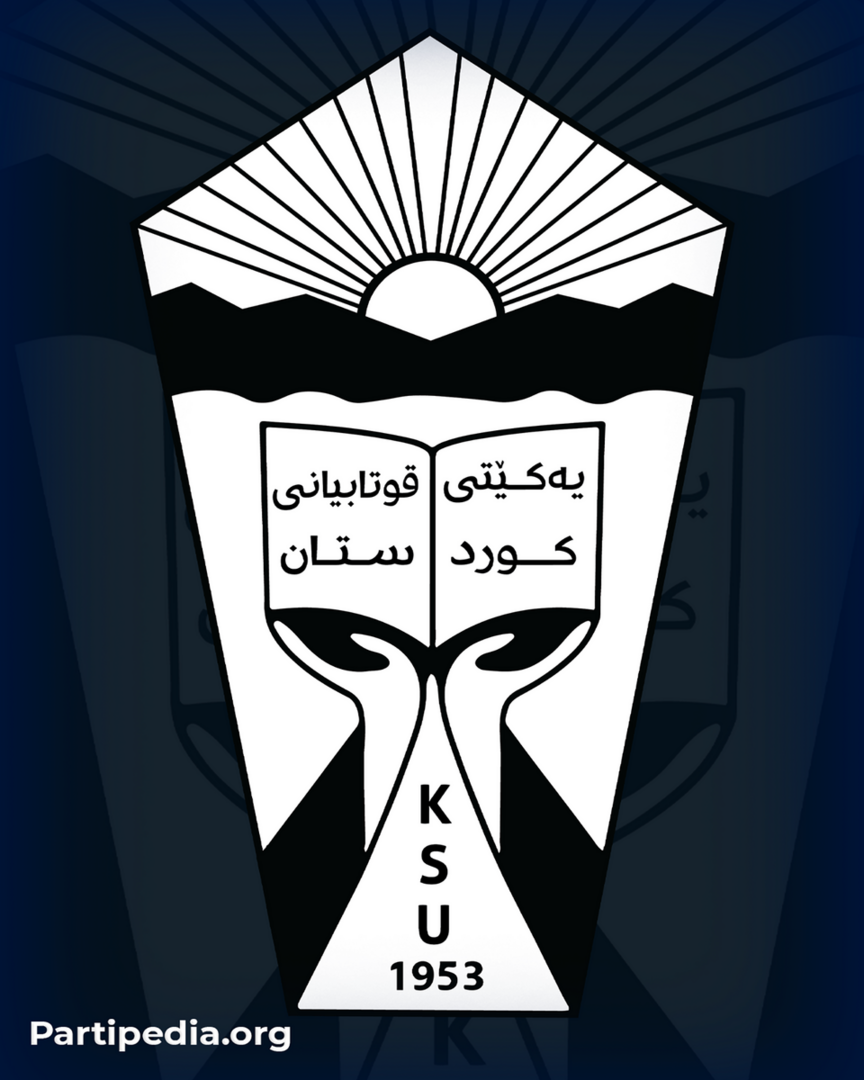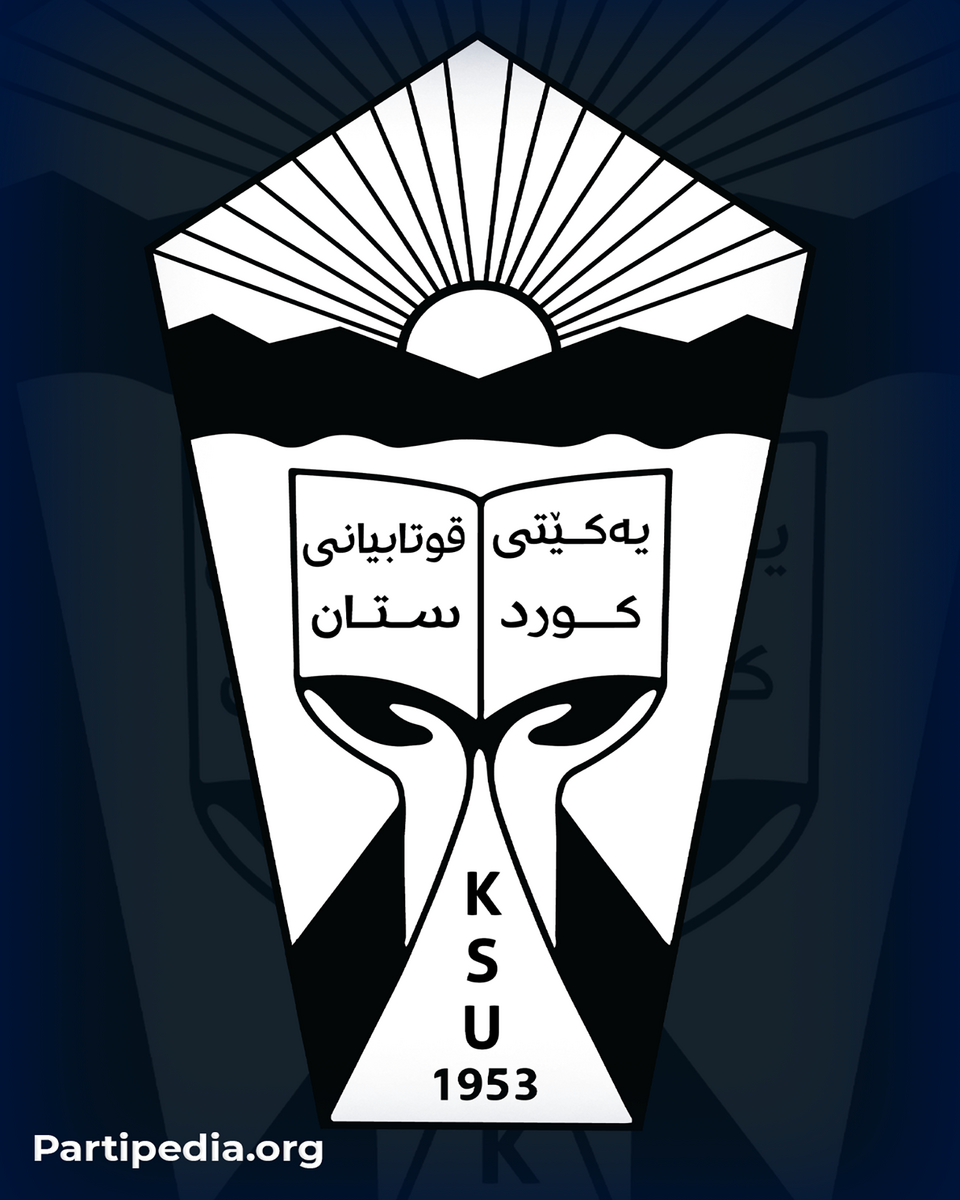Reasons for Holding the Congress
Between the third and fourth congresses of the Kurdistan Students Union (KSU), a span of three years, the Iraqi political landscape underwent significant changes, as did the internal dynamics of the Party. These developments had a direct and substantial impact on the KSU.
On February 8, 1963, the Ba'athists seized power in a military coup. This coup marked a new phase in the September Revolution, which had been underway for nearly two years. Initially, efforts were made to negotiate a ceasefire between the government and the revolutionary leadership. At this time, members of the Kurdistan Students Union played a crucial role in the revolutionary forces, actively fighting alongside Peshmergas. However, after these negotiations failed, the Ba'ath Party launched a major assault on the Peshmerga forces in June 1963.
The most significant impact on the party and the revolution during this period came from the shift of some members of the Party’s Political Bureau toward the Ba'ath Party and their agreement with Iran. This realignment led to their eventual withdrawal from the revolution.
On November 18, 1963, the Ba'ath Party was overthrown by the army, and Abdul Salam Arif assumed power. This development reopened negotiations between the government and the revolutionary leadership. The faction of the Political Bureau that had been considering secession reengaged with the revolutionary leadership, and their joint efforts in government negotiations culminated in the peace agreement25 of February 10, 1964. This division within the party significantly influenced the revolution and the party's organizational work, with its effects were fully reflected in the fourth congress of the Kurdistan Students Union.
Conducting the Congress
In the wake of the ceasefire and the peace agreement of February 10, 1964, the Kurdistan Students Union decided to hold its Fourth Congress to reorganize their internal structure, strengthen their ranks, and assess recent changes and developments. The congress was taken place from February 14 to 18, 1964, in the village of Chokhmakh, located in Sulaimani province. Chokhmakh was one of the liberated areas under revolutionary control at the time.3The Congress commenced its work under the banner, "Victory to our revolution and autonomy for Kurdistan within a democratic Iraq." Notably, the Students Union members from Badinan were not invited to the Congress, despite the fact that many were present in the liberated areas and actively involved with the revolutionary forces. This exclusion was widely perceived as a strategic move by the Political Bureau group to consolidate their control over the organization by sidelining the Badinan members.
During its four-day session, the Congress elected a new leadership for the organization, predominantly from Sulaimani. Fuad Mullah Mahmood was chosen as president, and Nawsherwan Mustafa was appointed as secretary. The Secretariat Bureau was composed as follows:
1- Omar Tofiq - Supervisor of Sulaimani Province
2- Fuad Ibrahim - Supervisor of Baghdad and its surroundings
3- Comrade (Salah) - Supervisor of Erbil Province5.
The Congress made several key decisions:
1. Establishing a coalition comprising the Kurdistan Students Union, the Kurdistan Democratic Youth Union, the Kurdistan Women's Union, and the Kurdistan Teachers Union.
2. Banning the activities of any other mass organizations for students, with the exception of the Kurdistan Students Union.
3. Reinforcing support for the revolution6.
The leadership elected at the Congress failed to meet expectations, and within just six months, the organization resolved to convene its second conference7.
Source:
1.kdp Encyclopedia Archive.





